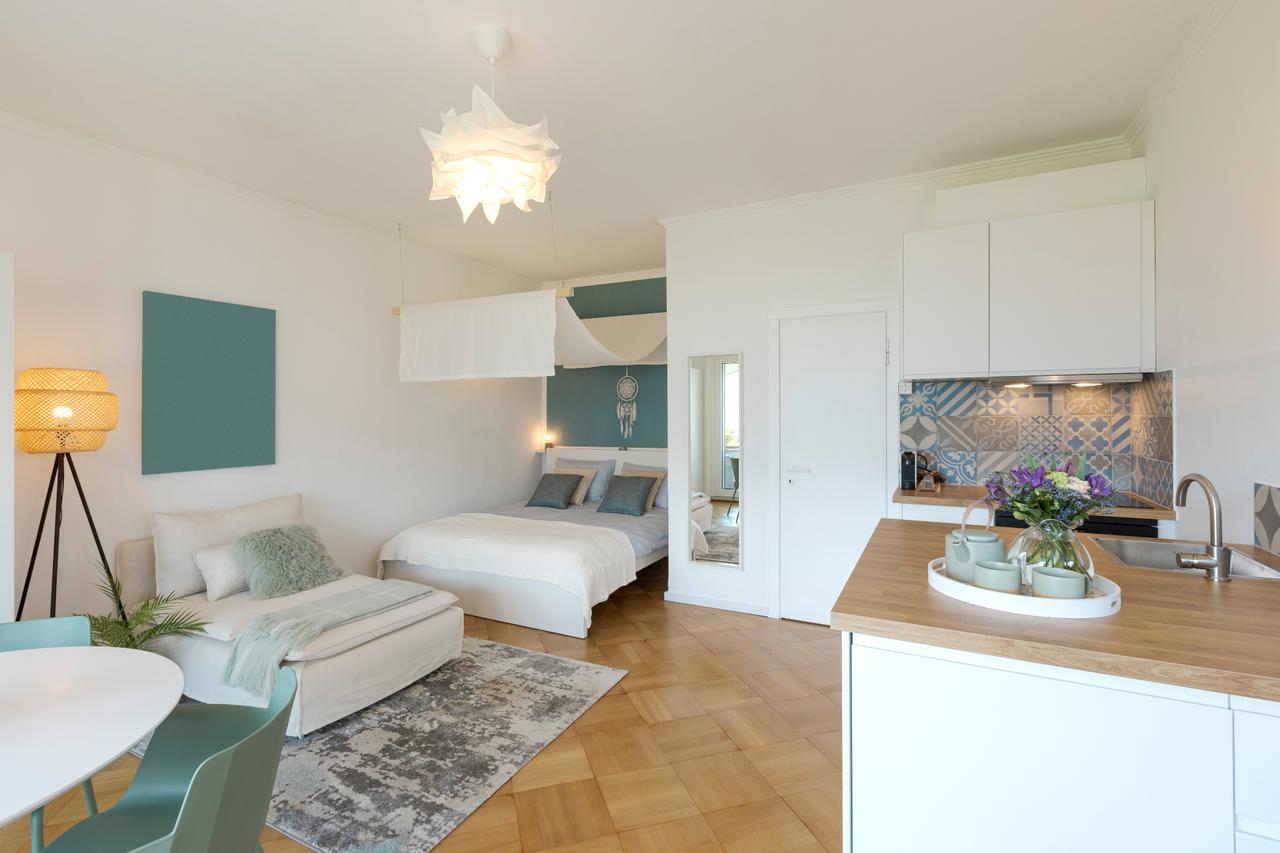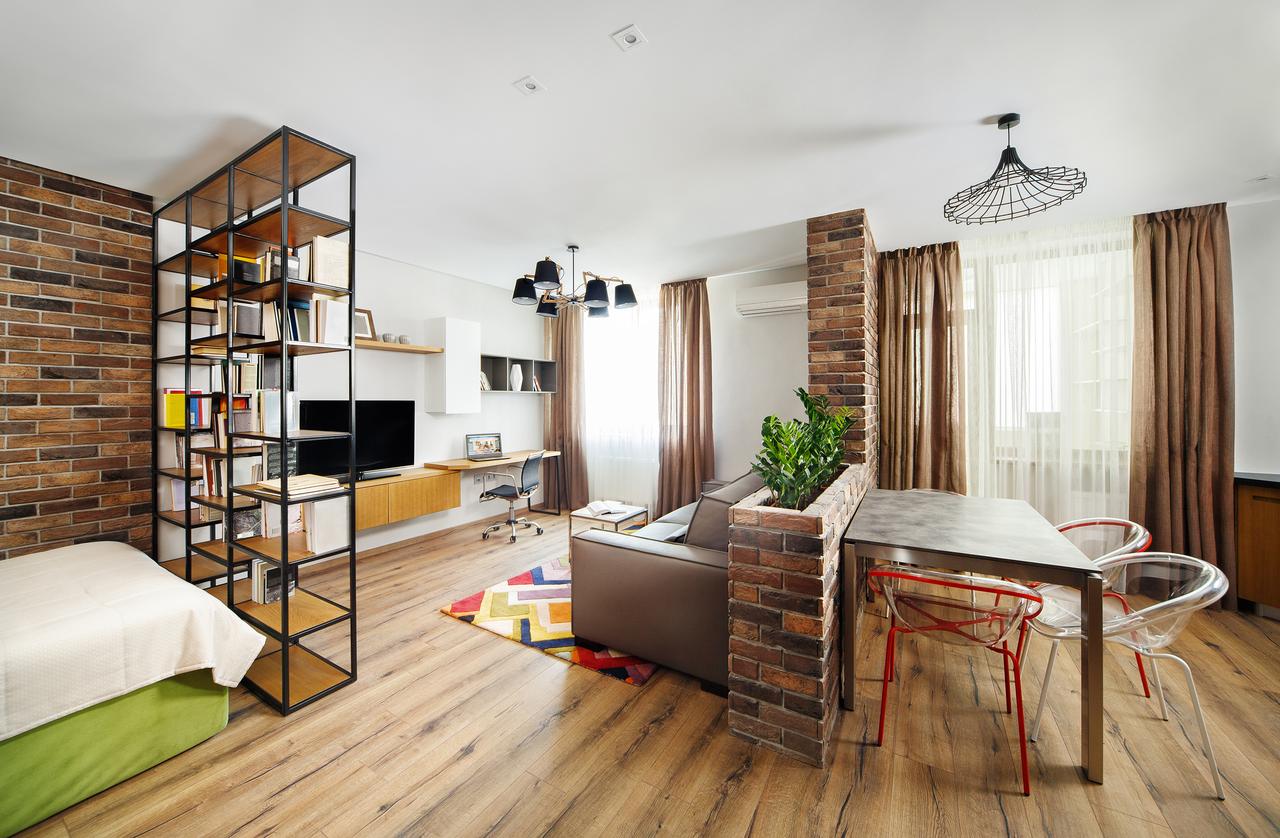
Türkiye has lifted a seven-year ban on the construction of studio apartments, also known locally as "one-room units," in an effort to diversify housing supply and help cool the country’s overheated rental market.
The change was published in the Official Gazette on Wednesday, allowing developers to include studio apartments in new buildings as long as they do not make up more than 20% of the total units in a project.
The decision comes as Türkiye continues to face severe rent inflation, which slowed to 78.95% in July but still remained far above the country’s annual consumer inflation rate of 33.52%.
According to AI-powered real estate market tracker Endeksa, rent prices for new tenants rose 32.7% year-on-year in July, bringing the nationwide average to ₺17,516 ($441) for one-bedroom apartments with a living room. Average prices for these apartments also rose by 30% to ₺42,339 ($1,065) per square meter.
The regulation is expected to ease housing demand and reduce rental costs for single residents by expanding supply, which the Turkish government views as the primary solution, particularly in major cities such as Istanbul, Ankara, and Izmir.

Sector representatives argue that allowing smaller apartments back into the market could ease pressure on tenants, stimulate construction activity, and support more than 250 related industries ranging from materials supply to furnishings.
"The reintroduction of studio apartments will create an accessible alternative for those living alone, young professionals, and students," Nesecan Cekici, chair of the Association of Real Estate Investors (GYODER), told Anadolu Agency.
"Like in many global metropolises, a diversity of housing types suited to different lifestyles has become a necessity in Türkiye. For investors, these units stand out with high rental potential, quick sales, and portfolio diversification advantages."
Tahir Tellioglu, president of the Turkish Construction Contractors Confederation (IMKON), underlined that the rule ensures balance by preventing entire buildings from being composed solely of 1+0 units.
He noted that this prevents resource waste, as students or temporary residents would no longer be forced into larger, costlier apartments.

Ziya Yilmaz, chair of the Association of Housing Developers and Investors (KONUTDER), said the regulation removes barriers to producing small units that align with shifting demographics such as declining household sizes and an aging population.
"Smaller units provide an efficient and affordable housing model, particularly in city centers," he said, pointing out that studio apartments can serve "young workers, students, and elderly citizens who prefer to live independently."
Yilmaz also expressed his belief that the measure could improve access to housing for low- and middle-income groups while stabilizing rental markets in major cities.
Yilmaz emphasized that smaller, affordable units could help reverse the decline in homeownership, with first-hand sales dropping to 33% of total transactions from 45% in past years.
"Reintroducing studio apartments will enable more citizens to own homes and provide an alternative to surging rents in large urban centers," he said.

Meanwhile, after an 18% contraction in the first quarter of 2025, Türkiye’s housing activity surged in the second quarter, according to official data from the Turkish Statistical Institute (TurkStat).
Compared with the same period last year, the number of buildings granted occupancy permits rose 18.1%, the number of apartments increased 44.3%, and the total floor area expanded 30.2%.
In total, 20,135 buildings and 130,152 apartments received occupancy permits during the quarter.